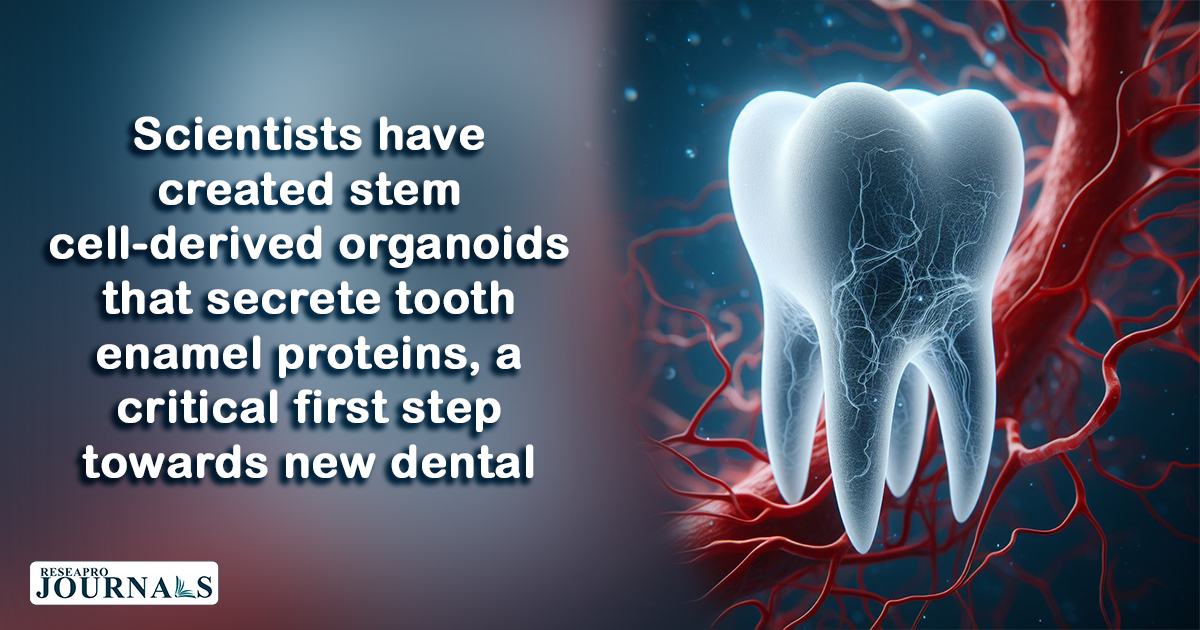
Scientists at the University of Washington have created organoids from stem cells that secrete the proteins that form dental enamel. This is a critical first step towards developing new stem cell-based treatments to repair damaged teeth and regenerate those that are lost.
Tooth enamel is the hardest tissue in the human body and protects teeth from damage and decay. However, once enamel is damaged, it cannot be repaired by the body. This can lead to fractures, cavities, and tooth loss.
The researchers in this study used a technique called single-cell combinatorial indexing RNA sequencing (sci-RNA-seq) to identify the genes that are active at different stages of tooth development. They then used this information to develop a protocol for differentiating stem cells into ameloblasts, the cells that produce tooth enamel.
The researchers were able to create organoids from the stem cell-derived ameloblasts that secreted tooth enamel proteins. This suggests that it may be possible to use stem cell-based therapies to repair damaged teeth and regenerate those that are lost in the future.



